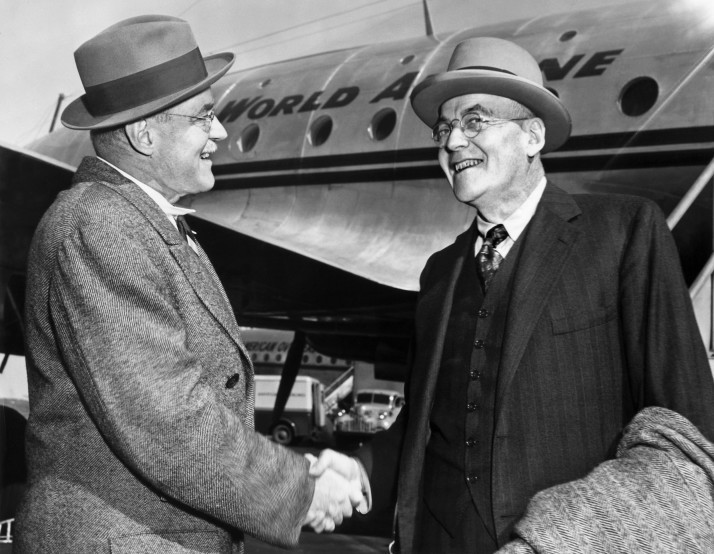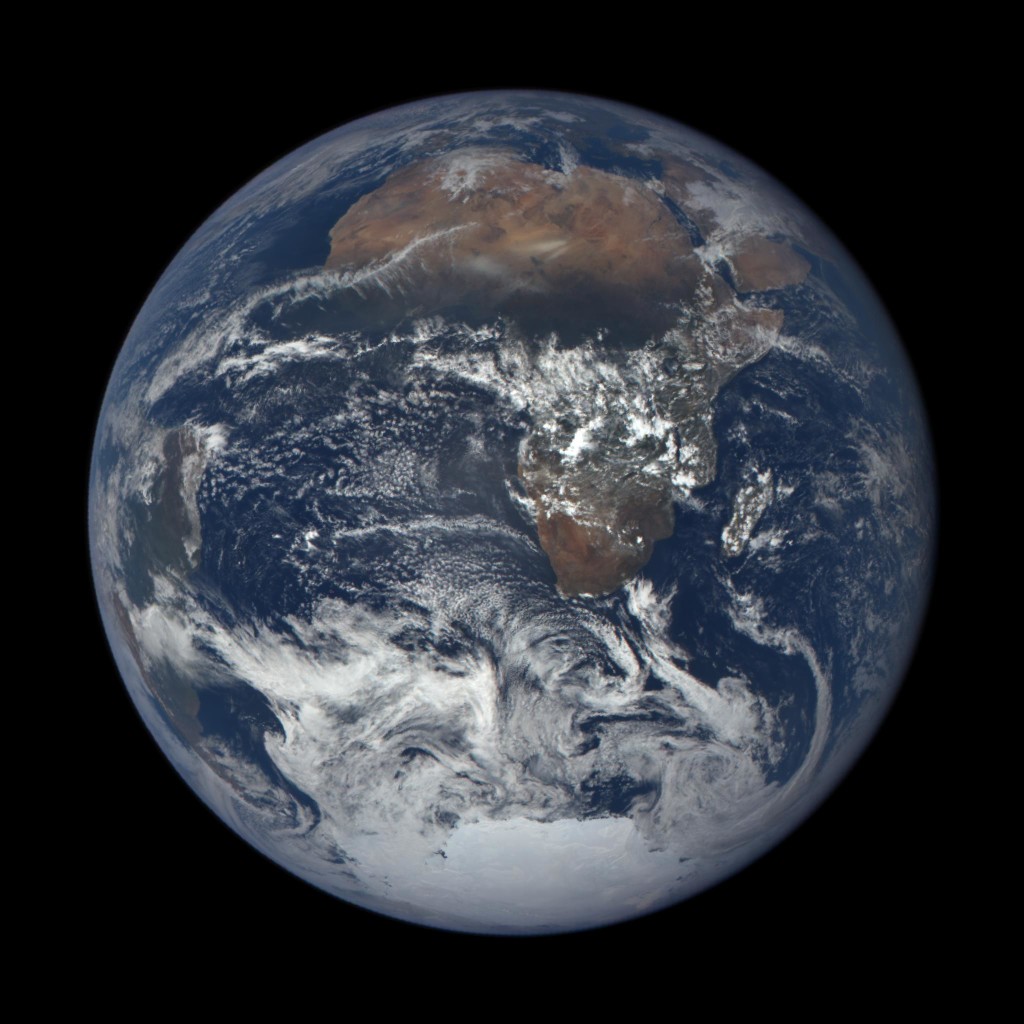The Dulles brothers are not so far removed from the present-day Middle East. Americans may not know or care to know the origins of conflict throughout the region, but the past holds lessons for future policy

A Not-So-Distant History Lesson

○ ○ ○ ○ ○ ○ ○ ○ ○ ○ ○
Why the Arabs don’t want us in Syria
They don’t hate ‘our freedoms.’ They hate that we’ve betrayed our ideals in their own countries — for oil


